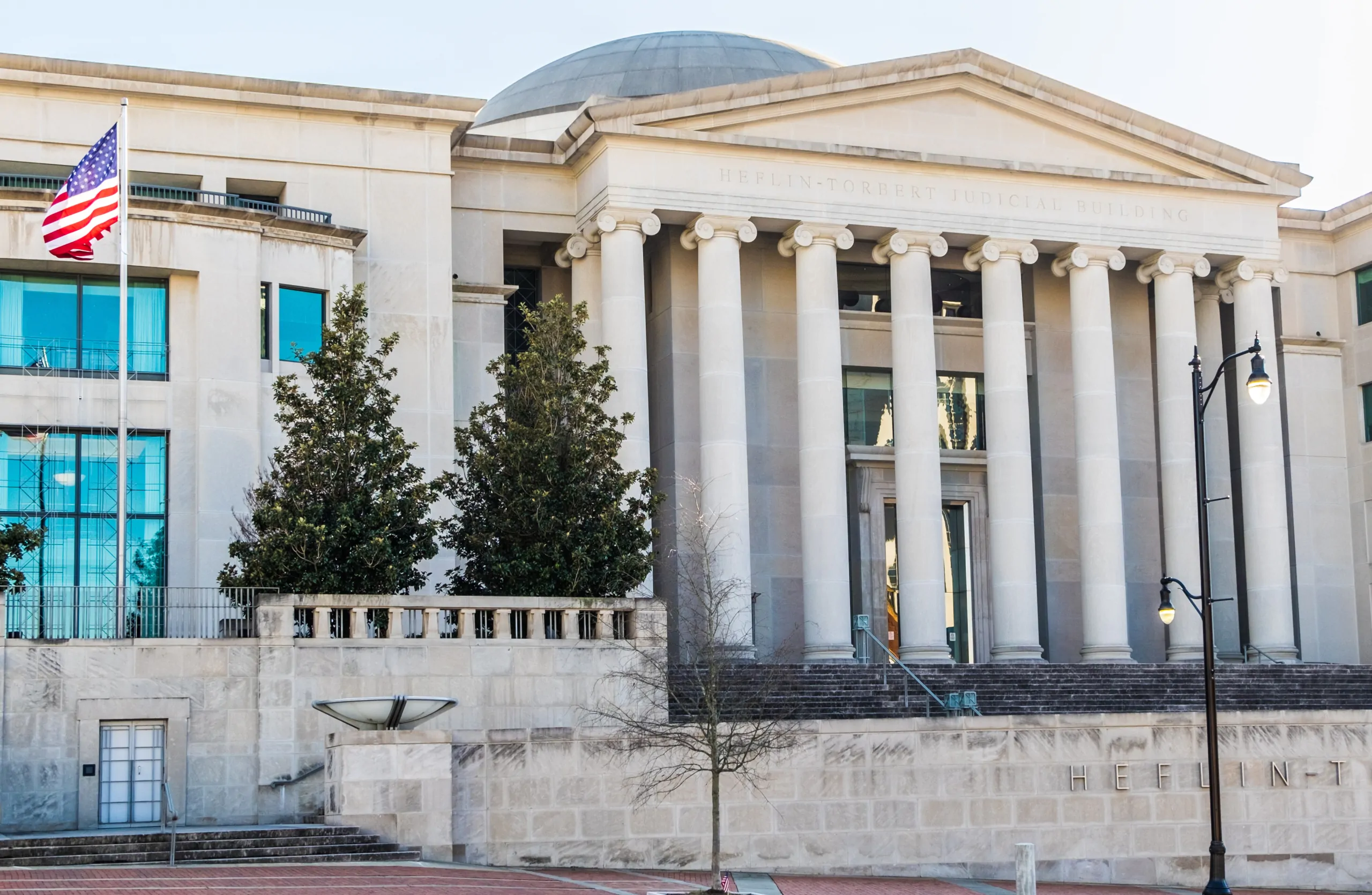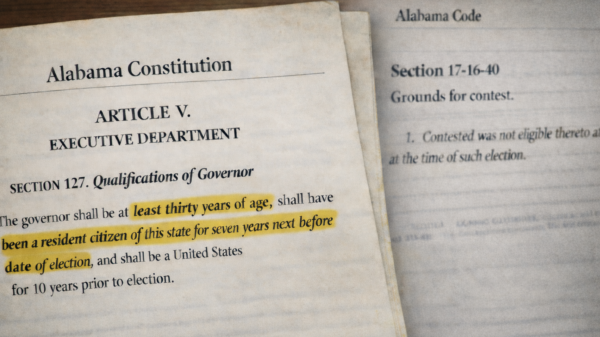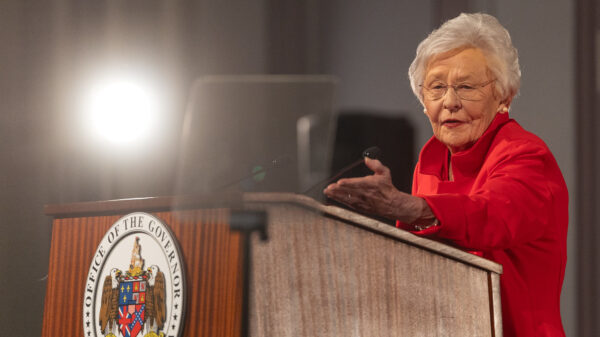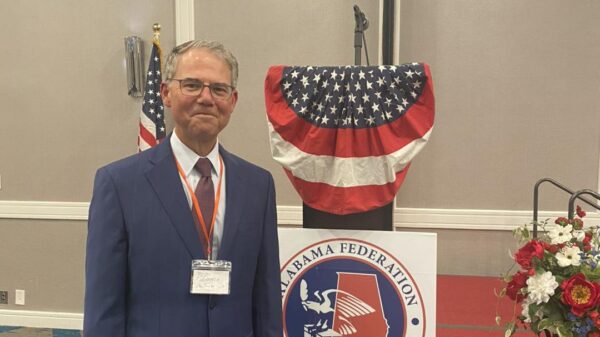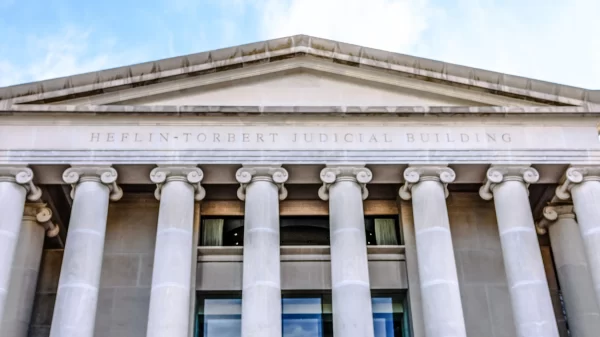In a groundbreaking decision that has sent shockwaves through Alabama and beyond, the Alabama Supreme Court has redefined the legal status of frozen embryos, classifying them as “children” and thereby affording them the same rights as other “unborn children.” This ruling, stemming from a lawsuit triggered by the accidental destruction of several embryos at the Mobile-based Center for Reproductive Medicine, marks a significant shift in the legal landscape, potentially setting a new precedent for reproductive rights and healthcare in the United States.
The case, which has captured national attention, raises profound questions about the intersection of law, ethics, and reproductive technology. In its decision, the court has effectively extended the legal protections afforded to minors to include frozen embryos, a move that has far-reaching implications for individuals and families seeking fertility treatments, as well as for healthcare providers in the state.
Reacting to the ruling, Shante Wolfe, Southeastern Field Director of URGE: Unite for Reproductive & Gender Equity, expressed deep concern over the decision’s impact on reproductive healthcare and fertility treatments in Alabama. “The Alabama Supreme Court’s decision to define ‘personhood’ from the moment of conception will have far-reaching consequences for access to reproductive healthcare, and sweeping implications for fertility treatments across the state,” Wolfe stated. She emphasized the detrimental effects of personhood laws on individuals’ autonomy over their reproductive decisions, highlighting the potential restrictions on access to contraceptives, cancer treatments for pregnant people, and the prohibition of in vitro fertilization (IVF) procedures.
In a direct response to the court’s ruling, the University of Alabama at Birmingham’s health system announced a pause on IVF procedures, citing concerns over potential legal repercussions for patients and medical staff. Barbara Collura, President and CEO of RESOLVE: The National Infertility Association, lamented this development, underscoring the profound emotional and financial toll on families striving to conceive. “This cruel ruling, and the subsequent decision by UAB’s health system, are horrifying signals of what’s to come across the country,” Collura remarked, vowing to continue the fight for access to reproductive care.
This landmark ruling by the Alabama Supreme Court not only challenges the legal and ethical frameworks surrounding reproductive technology but also ignites a broader debate on the rights of the unborn and the definition of personhood. As the implications of this decision unfold, it underscores the ongoing tensions between evolving reproductive technologies and existing legal and moral norms, promising to fuel further legal battles and legislative efforts in Alabama and across the nation.





































